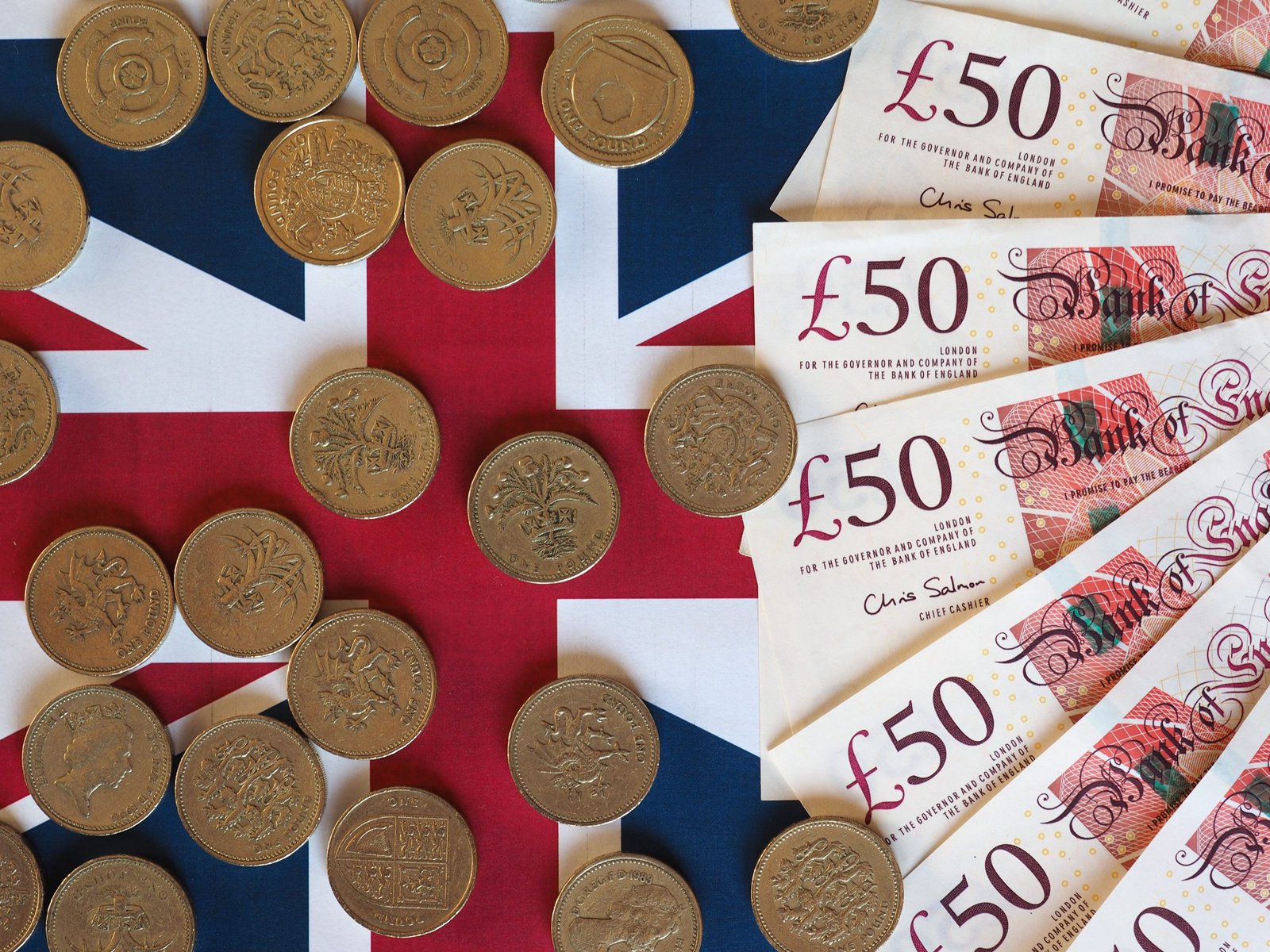In a recent legal battle at the Court of Appeal, financial publisher Euromoney emerged victorious in a dispute with HMRC regarding a £10.5 million corporation tax dispute. The case revolved around whether the proceeds from a stake in a company were to be considered as stock or taxable cash.
Financial publisher Euromoney, now known as Delinian, initially agreed to transfer its shares in Capital Data Limited to Diamond Topco Limited in a deal worth $80.4 million. A significant portion of this deal, specifically $21 million (£16.9 million), consisted of cash, with the remaining value in ordinary shares in Diamond. However, Euromoney later realised that receiving the $21 million in redeemable preference shares in Diamond would be more tax-efficient.
Corporation Tax Dispute Arguments and The Appeal
In a series of emails, it was suggested that receiving preference shares instead of cash would render the gain tax-free. This strategy aimed to avoid paying a 20% tax on the gain when redeeming the preference shares more than 12 months later. As a result, Euromoney renegotiated the deal, exchanging its shares in Capital Data for a combination of ordinary and preference shares in Diamond.

Euromoney filed its tax return, arguing that the exchange of shares in this manner fell under the substantial shareholdings exemption, exempting them from corporation tax. However, HMRC disagreed, amended the return, and imposed a corporation tax liability of approximately £10,483,731, raising concerns about the ‘proper scope’ of capital gains tax and corporation tax provisions.
The Court of Appeal Ruling on Corporation Tax Dispute
The Court of Appeal reviewed the case and concluded that the main issue was a matter of statutory construction. They cited the relevant section (s137(1)), emphasising that taxpayers could delay paying tax when exchanging shares unless the exchange was part of a scheme primarily designed for tax avoidance.
In their ruling, the judges emphasised that the law permits tax-driven transactions for bona fide commercial reasons. They clarified that s137(1) allowed tax deferral unless the primary or sole purpose of the scheme was tax avoidance. The Court of Appeal dismissed HMRC’s appeal.

This case highlights the significance of tax planning strategies and the ever-present need for businesses to seek tax-efficient options while operating within the framework of the law. HMRC’s case against Euromoney hinged on the interpretation of tax provisions and whether their actions constituted a deliberate act of tax avoidance. The Court of Appeal’s ruling reinforces the importance of adhering to the letter and spirit of tax laws while exploring legitimate avenues to minimise tax liabilities.
While this particular case has concluded, it serves as a reminder that businesses and individuals should carefully consider the potential tax implications of their transactions and consult with tax professionals to ensure compliance with tax regulations.



